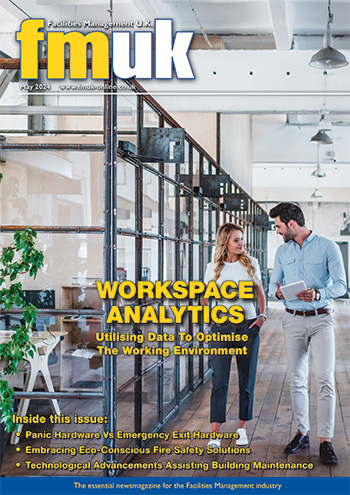The Current State Of Mental Health In The Construction Industry

Construction workers often work long hours and face a lot of pressure to meet tight contracts. With the knock-on effects of the pandemic on the whole industry and a rising cost of supplies, it’s a particularly tricky time to work in the field.
The construction industry is primarily comprised of men, and the fact that men in the UK are three times more likely than women to die by suicide is already worrying enough. But did you know that men working in construction are three times more likely to die by suicide than other men?
A survey from mental-health charity Mates in Mind found that a third of construction workers feel elevated anxiety levels every day. They report underlying strain caused by intense workloads, poor work-life balance, financial difficulties and consequences of the pandemic. They also report feeling unable to talk about mental health at work, with 56% saying that their workplaces had no mental-health policies in place.
Raising Awareness
The industry must learn how to look after its workforce so that lives can be saved, and stress levels alleviated.
Late payments and job insecurity are common sources of stress for construction workers. The importance of a management structure that has a plan to tackle this is not to be underestimated. Long working hours and heavy workloads are other common themes.

Ways Of Improving
What, then, are some options to improve the situation?
- Promote support and a positive working environment. When managers take the time to get to know their employees outside of work, it fosters an environment in which people feel really valued. Encourage employees to treat each other with respect so that people won’t be afraid to talk about their feelings.
- Train employees in mental-health first aid and awareness. This can be delivered as a short course which only takes a few days. It helps make employees more sensitive to the challenges of their peers and gives them a better idea of how they can help.
- Provide professional support through an Employee Assistance Programme. This gives employees easy access to counselling services and referrals to other mental-health professionals. When scouting out the right EAP for your workforce, be sure to do your research; for example, when referring employees to professional therapists ensure they are properly qualified and are covered by counsellors’ insurance.
- Monitor working conditions: If you’re in management, regularly check in with employees and ask them about their workloads. Having the flexibility to shift things around for stressed employees can go a long way!
Flexible working is another option to consider, which has already produced some great results in other sectors. There are several ways in which this can be adapted for a construction setting. In several pilot studies of flexible working for construction workers, the percentage of workers who agreed with the statement that “My working hours give me enough time to look after my own mental health and wellbeing” increased from 48% to 84% after the introduction of flexible working.
This was achieved without having to reduce employees’ contracted hours, too!
Mental health is something of which the whole construction industry needs to become more cognisant. With a few simple adjustments, the wheels can be set in motion for an industry where everyone is happier.

























































